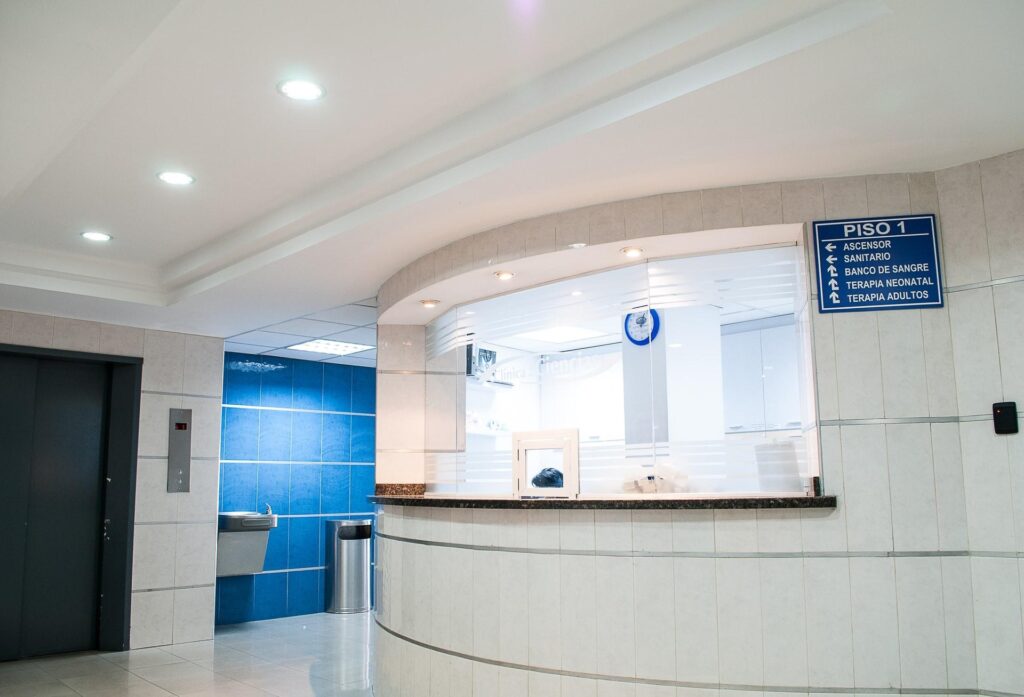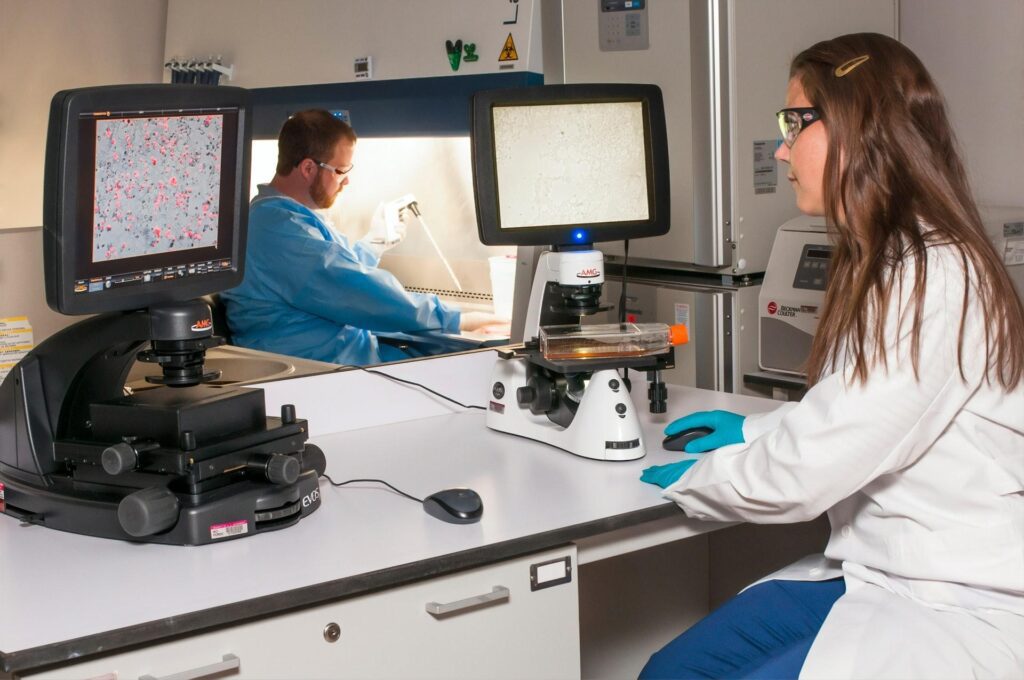Any healthcare delivery system would be meaningless without physicians. Despite this, the United States employs far fewer of these specialists than the majority of other developed nations. Recognizing that the ratio of doctors per capita is a reasonable benchmark for the volume of service accessibility points within the healthcare system, the US confronts greater hurdles than other industrialized countries in providing basic, accessible care to its inhabitants.
Find out how the residency program bottleneck came about and how organizations such as Residents Medical Consultancy and Residents Medical Group are helping medical graduates into this program.
What is Medical Residency?
The medical residency program is an integral part of health training. A medical residency program assists medical graduates in developing clinical skills and preparing them for real-world medical situations. A medical residency is a type of training that takes place at a hospital or clinic and focuses on a certain medical specialty.
Residencies are typically three-year programs and are quite intense. Before a medical graduate can formally practice medicine as a medical doctor, they must first complete a medical residency program. The safety of patients is undoubtedly the highest priority. Medical graduates learn the fundamentals of quality care by practicing under the supervision of experienced healthcare professionals.
The Residency Conundrum
The shortage of physicians is perplexing. The overall cost of a degree in medicine and postgraduate residency training is a fraction of what those who wrap up residency and become certified doctors can expect to earn over their lifetime.
Why does the United States have so few doctors if financial incentives exist? The primary cause of the physician shortage is considerable obstructions in the education and training stream, the most notable being the medical residency system.
Policymakers initially supported these constraints in the mistaken idea that reducing physician supply would help to curb soaring medical costs. Attempts to curb physician supply growth, which began in the 1980s, have proven to be a complete policy failure, with no discernible reduction in healthcare expenditures. Since physicians are the primary access point for the United States’ hospital system, it has been effectively incentivized to pursue high-intensity, low-access treatment.
As a result, the United States has very little to lose and a lot to gain by increasing the number of physicians available, necessitating overhauling and revamping federal financing for doctor residency programs. While medical school enrollment in the United States has increased, the Association of American Medical Colleges (AAMC) annual survey found that more resident training spaces are needed to avoid a physician shortage.
According to the AAMC, the number of residency slots has increased by only 1% every year since 2002, significantly less than the 52 percent increase in medical school spots. The American Academy of Medicine predicted a physician shortfall of up to 122,000 by 2032, with 55,000 in general care and 66,000 in other specialties. In response to fears about a potential physician shortage, the American Association of Medical Colleges (AAMC) asked for a 30% upsurge in medical school enrollment in 2006.
Fixing the Residency Problem
According to the National Resident Matching Program, thousands of medical students fail to match with a residency program each year. Failure to match could be the most frustrating experience of a medical career. Several organizations are trying to fix the residency problem. Residents Medical Consultancy and Residents Medical Group are the front-runners in this endeavor.
A great example is an initiative by Dr. Michael Everest and Residents Medical Consultancy. For instance, Mission Community Hospital has teamed with Dr. Michael Everest and Residents Medical Consultancy to help medical school graduates transition smoothly into their medical careers. The residency program is intended for recent medical school graduates with some experience.
Through e-learning, physical learning, and clinical practice, residents will acquire hands-on experience under the guidance of a trained preceptor. The curriculum will also provide recent medical trainees with a higher purpose and desire, given the shortage of doctors in the area. Because more physicians will be available, the program will benefit healthcare and the community. A surprising number of physicians and nurses are set to retire in the near future, and this initiative will help avert a severe staffing gap.
Residents Medical Consultancy (RMC), whose chairman is Dr. Michael Everest, works tirelessly to better the medical profession. Residents Medical Consultancy develops new residency programs in locations where medical care is in short supply. They know the intense competition for medical school graduates pursuing a residency or fellowship in the United States.
Residents Medical Consultancy’s partnership with Mission Community Hospital is coming at such a crucial time. The United States, and indeed the globe is developing from the effects of the Coronavirus pandemic on communities and the healthcare system.
Residents Medical Consultancy recognizes that a healthy community, improved health outcomes, and the best medical facilities are prerequisites for quality patient care, safety, and satisfaction. Every healthcare professional or organization may improve lives via medicine and research by empowering medical graduates and healthcare systems with the tools they need to succeed.
Failure to match does not imply ineptitude. Medical graduates are competent because they have been accepted into medical school and graduated. The key problem is the scarcity of residency slots versus the rising number of graduates.
Qualifying for a residency program has little to do with academic credentials but more to do with other considerations. Residents Medical Group assists medical graduates through the complicated landscape of residency admittance.





































